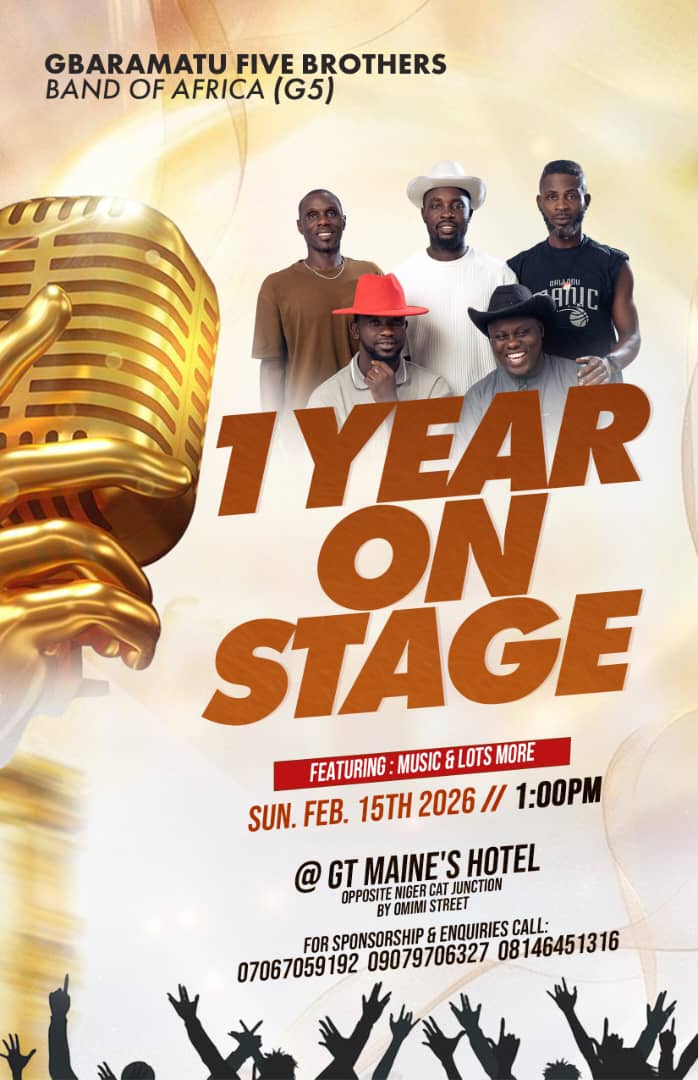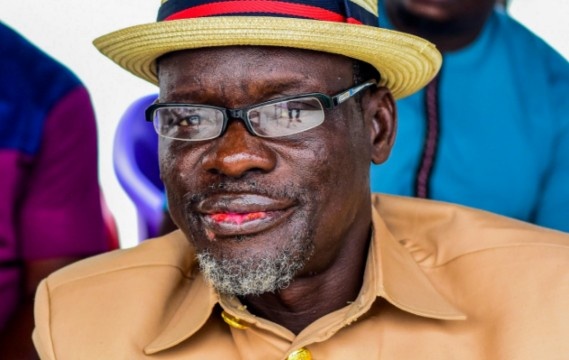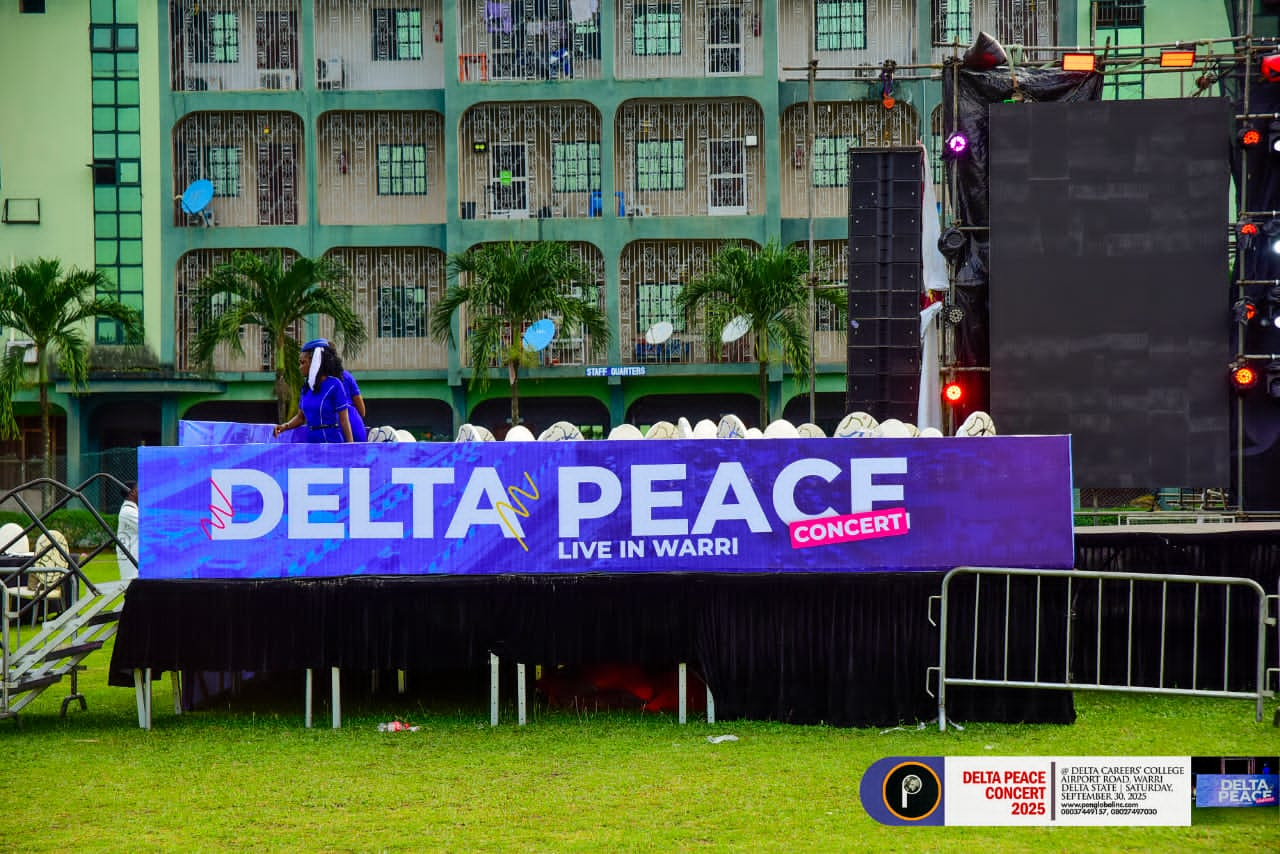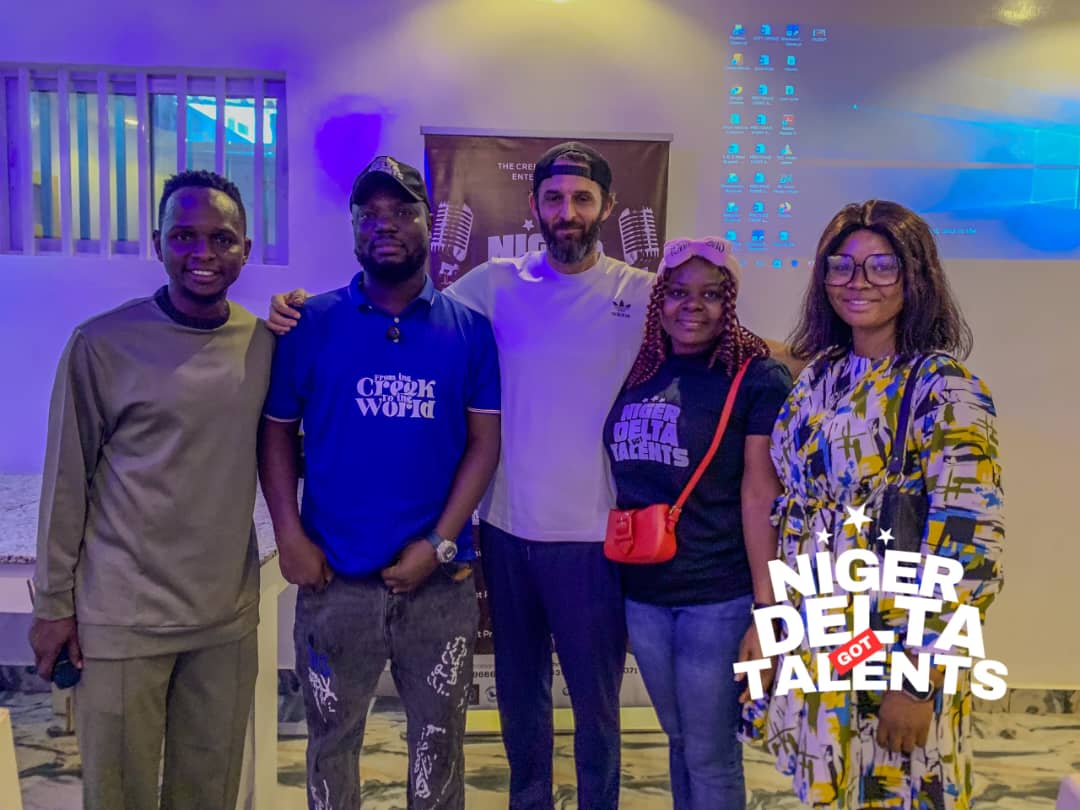GBARAMATU ANNUAL FESTIVAL: Opportunities for Cultural Cohesion and Economic Devt By Abai Francis
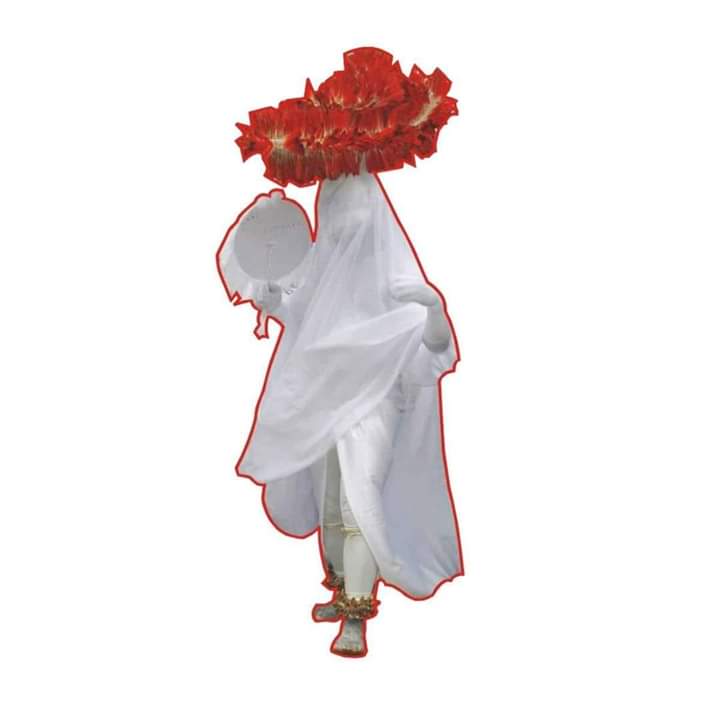
Festivals are social events that tend to bring together a group or variety of people to participate in a celebration. Although most festivals have a religious or cultural backing, however, they are also an avenue for social interactions that open up windows of opportunities for development and growth of any society. And the Gbaramatu Kingdom's Amaseikumor annual festival should be no exception.
This article looks beyond the activities and significant of the festival to the opportunities such an event presents for the growth and prosperity of the Gbaramatu Kingdom and its people. Over the years there seems to be lacking the entrepreneurial mindset to harness the opportunities of the festival for wealth creation across a spectrum of trade activities. It is hoped this piece would reawaken such a mindset.
◼️ INTRODUCTION
Gbaramatu Kingdom, in Warri South West local government area of Delta state, is one of the popular coastal Ijaw kingdoms, situated close to the Escravos River which empties itself into the South Atlantic Ocean. The kingdom is home to some prominent personalities in the Niger Delta, among whom are Barr. Kingsley Burutu Otuaro, the former Deputy Governor of Delta state (2015–2023), and High Chief Dr. Government Oweizide Ekpemupolo aka Tompolo, the Ebidouwei of Ijaw Nation. Asides personalities, the kingdom plays host to the Nigerian Maritime University (NMU), Okerenkoko, as well as to oil multinational companies, one of which is the American oil giant, Chevron Nigeria Limited (CNL). The kingdom is host to numerous festivals, one of which is the popular Amaseikumor Festival.
◼️ AMASEIKUMOR: MEANING AND SIGNIFICANCE
Amaseikumor, an Ijaw word, literally means "do not pollute the land." The Amaseikumor festival is a part of the Gbaramatu Kingdom annual festival. The annual festival is observed by the people to spiritually cleanse themselves and the land from evil so as to attract the blessings of God. As such, those to partake in the festival are forbidden from engaging in certain acts that are spiritually defiling in nature. For instance, abstaining from sex two days to the festival and throughout the period is a criteria for those who intend to partake in the activities marking the festival.
The Gbaramatu annual festival usually kicks off on day one through day three with a purification ceremony and dedication to the spiritual protection of the community. This is followed by Ibolomobo-ere, a salutation to Woyein the Supreme Creator, while the fifth day witnesses the Amaseikumor divinity as the final cleansing ceremony that will guide and protect the community for the year and beyond, based on cultural belief.
According to the literature of the Supreme Order of Woyein (SOW), a document highlighting the significance of the festival among others, stated that, "Ijaw ancestors have a covenant of truth (Izon-Gesi) and this covenant of truth is reaffirmed regularly with ceremonies such as the Amaseikumor festival, which emphasises the confession of sin, the eradication of negative behaviours and practices, and commitment to upright or righteous living. This covenant of the Ijaws and the Supreme Creator, Woyein, is the basis for the Ijaw spiritual culture, and Egbesu is a practical demonstration of divine truth."
As such, the Ijaw religion and its institutions are upheld as "instruments of discipline because they control the proper organisation of society by determining when there is a just cause and ceremonies that are for the good and protection of Ijaw communities. Gbaramatu Kingdom, in celebrating the Amaseikumor festival, encourages people of all faith to partake in the rich Ijaw cultural heritage and to avail themselves of the divine grace, spiritual protection and guidance that comes during the time of the year."
◼️ CULTURAL BENEFITS
The Gbaramatu Kingdom annual festival usually witnesses thousands of guests from various Ijaw kingdoms of Gbaraun, Arogbo, Kabowei, Kumbowei, Gbaranwei and others, across the Niger Delta region and beyond. And so, the festival presents an opportunity for the unity of the Ijaws, especially now that politics has to a very large extent divided the people. Such a festival could be used by the traditional leaders of the various Ijaw kingdoms to call on the Ijaw Nation to shun evil and to embrace truth (to which they are called as a people) as a basis to bring about unity and peace, which is an essential ingredient that is not only required for their spiritual growth but for their physical and economic development.
Secondly, the Amaseikumor festival which also attracts other dignitaries and guests, especially representatives from government and nongovernment institutions within and outside the Ijaw Nation, presents an opportunity for the Ijaws to showcase their rich cultural heritage to those outside the coastal region as a way to correct the misconceptions harbored by those that are not familiar with the Ijaw culture, in the areas of traditional regalia, foods, sports such as dancing, wrestling, fishing, swimming and other traditional norms.
Thirdly, the festival is an opportunity to help revive and prevent the tradition and cultural practices of the Ijaw people from going into extinction. This is important in that most African cultural heritage are gradually being lost due to the invasion of so-called western civilisations, which have resulted in the labelling of African religion and her institutions as demonic or idol worshipping. One of such effect is the withering down of certain abominable acts which today has made a lot of societies a thriving ground for all sorts of evil.
◼️ ECONOMIC BENEFITS
No community can make progress in the absence of economic activities. These economic activities are what give rise to wealth and job creation, boost commerce, attract infrastructural development, and bring about economic and social prosperity.
To begin with, for over the years that the Gbaramatu Kingdom annual festival has been celebrated, one prominent and constant challenge is the inadequacy of housing to accommodate visitors at the event. Secondly, there are no social relaxation centers where visitors can relax with families and friends. It is also common knowledge that some persons use the occasion the festival presents to reunite with friends, families and to catch some social fun. Thirdly, the absence of a befitting market to facilitate competitive local exchange is largely hindering commerce and denying many the opportunities for wealth creation. The once thriving Oporoza market is gradually phasing out as it lacked poor structures and poor patronage, which is not unconnected with the high cost of foodstuff as a result of high transport fares, thereby forcing many traders to migrate to the city centers.
The annual festival therefore avails well to do individuals in the kingdom with the opportunity and need to key into its existence to help drive community development in a bid to create jobs for others and generate wealth for themselves. And this they can do by investing in housing, relaxation centers, building befitting market structures, food and water provision, medicine store (pharmacy), and other important trades.
It should be noted that besides the Gbaramatu annual festival, the federal maritime institution (the NMU) is another project that has also opened up investment opportunities in the above areas as well. Till date, there are no investments in e-libraries, bookshops, and cinemas, among others.
◼️ CONCLUSION
The Gbaramatu Kingdom annual festival should be seen beyond just a festival but one that opens investment opportunities which the people can key into to privately drive and sustain their cultural and economic growth and development.
All over the world, there are countless cultural festivals, some of which have become a source of revenue and for attracting tourists into such territories. Examples are the Lantern festival in China, the Diwali (festival of lights) in India, the Hogmanay festival in Scotland, the Cheltenham festival in the United Kingdom, the Boryeong festival in South Korea, and countless others.
Despite the negative perception some hold towards the Gbaramatu Kingdom annual festival, it cannot be denied that development is not accidental but is only achieved when people within a territory choose to create opportunities for social interactions to help drive growth. And this is what the festival should be seen as accomplishing. What is left to be done is for the people to actively key into the opportunities made manifest, courtesy of the festival, for the betterment and advancement of the kingdom.
#penglobalreport #Amaseikumor
